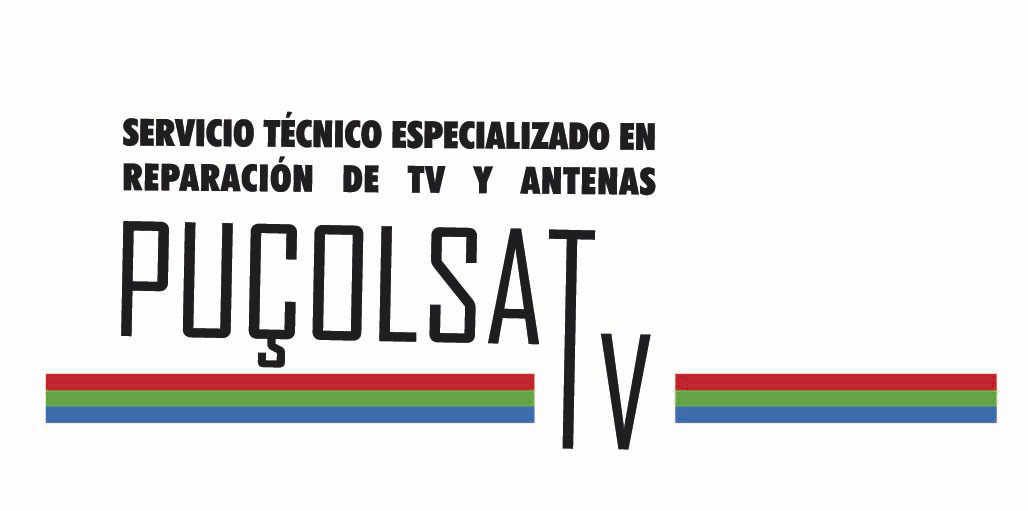Qin in addition to involves the kid’s behavior, like reciprocation towards the benevolent child-rearing they discover. Just like the defined before, qin truly represents new children’s ideas and you can behaviors toward parents. Brand new child’s reciprocation describes the newest requirements of qin (Jiang, 1996; Wu & Chao, 2011). Particular responses was characterized by dedication, admiration, and believe. Particularly reciprocation can get show some properties out-of collectivistic rules like loved ones duty and you may filial piety. But not, qin is actually distinctive considering their essentially volunteer band of routines deriving from internal desires that surpass the greater diffuse and you can culturally imposed morals required by family members duty and filial piety (Wu & Tseng, 1985). The kid’s wants to reciprocate to have parental assistance was grounded on the latest pervading like, proper care, and you will question that the kid could have acquired on benevolent parenting. Even in the event parental commitment and sacrifice may possibly bring about demands to the the child, this has been discovered that a feeling of indebtedness in the kid actually offered kid’s well-being in Western countries (Kim & Playground, 2006).
Wu and you may Chao (2011) set-up an assess to assess qin certainly one of Chinese Western adolescents regarding immigrants and discovered you to definitely parental techniques involved in qin, especially parental lose and you will thoughtfulness, played a safety character on Chinese adolescents’ psychological modifications. In the current study, we continue Wu and you will Chao’s quantitative study of qin (2011) by using a great qualitative method of besides get a fuller knowledge of parental techniques fostering qin, however, so you can also talk about adolescents’ thinking from qin that could possibly echo the reciprocation out of benevolent parenting.
Those things of wanting and you can appointment other people’s need try extremely appreciated inside Far-eastern  countries to have exhibiting love, compassionate, and you may likes when you look at the personal relationship (Hsu, Tseng, Ashton, McDermott, & Char, 1985; Uba, 1994)
countries to have exhibiting love, compassionate, and you may likes when you look at the personal relationship (Hsu, Tseng, Ashton, McDermott, & Char, 1985; Uba, 1994)
Research has tested Chinese social norms from father or mother-adolescent relationship, particularly exactly how moms and dads display love and you may will children (Chao 1995; Chao & Kaeochinda, 2010) and just how mothers talk to students (Boutakidis, Chao, & Rodriguez, 2011; Wu & Chao, 2011). Chinese mothers are generally controlled within lead love toward its college students (Chao & Tseng, 2002; Wu & Tseng, 1985). He could be quicker truly and you can psychologically demonstrative within the declaring love and you may choose to kids than simply popular Western moms and dads (Wu & Chao, 2005, 2011). Chinese people anxieties novel norms of adult enthusiasm that are grounded in strong cultural philosophy about what is suitable public conclusion. Conventional Chinese society emphasizes carrying right back good otherwise tall thoughts because he or she is sensed bad for health and public balance (Confucius, five hundred B.C./1992). Predicated on Taoism, feelings ent away from tacit training (or instinct and you can reflection), a highly appreciated method for the looking for specifics (Laozi, three hundred B.C./2001). For this reason, Chinese was indeed long depicted as the psychologically restrained for the ethnographic accounts (Klineberg, 1938; Wu & Tseng, 1985). Empirical studies have together with showed one Chinese People in the us tell you a lot more thinking-discipline from inside the mental words than just European- and you may Mexican-Us americans (Soto, Levenson, & Ebling, 2005; Tsai & Levenson, 1997; Uba, 1994). So it psychological moderation is even manifested for the Chinese parenting (Chao & Tseng, 2002; Wu & Tseng, 1985).
That it reciprocation are normally taken for a feeling of appreciation, like, and intimacy toward mothers, particularly being qin to the moms and dads
Chinese parents’ fascination with children is much more centrally referred to as parental sacrifice and consideration during the appointment child’s demands and you may focusing on support kid’s instructional triumph (Chao & Kaeochinda, 2010; Wu & Chao, 2011). Parental determination and give up involve parents’ higher levels of money during the bringing instrumental service getting child’s education and lifestyle, beyond regular adult care of bringing dinner, gowns, or any other very first demands. Chinese mothers generally place the kid’s means prior to their by the sacrificing their own focus, plus health and job into kid (Leung & Shek, 2011; Chao & Tseng, 2002). Many Chinese moms and dads functions quite difficult and you can dedicate all he’s got to provide the good for the newest children’s training while the knowledge are thought to be the way so you can upward mobility into children’s coming (Fuligni & Yoshikawa, 2004; Goyette & Xie, 1999). An illustration is the Chinese nearest and dearest lifestyle you to moms and dads save money to own children’s educational costs by restricting expenditures by themselves demands or passions (Louie, 2001). Chinese parents plus tend to express fascination with youngsters thanks to the consideration when you look at the conference new children’s means (Wu & Chao, 2011). That it reflects this new Chinese Confucian belief you to definitely real love is created because of the steps you to fulfill others’ need, and therefore a person’s an effective motives happen to be shown through measures a great deal more than just words (Confucius, five hundred B.C./1992). Such adult determination and you may thoughtfulness are pervasive from inside the Chinese society (Leung & Shek, 2011).

